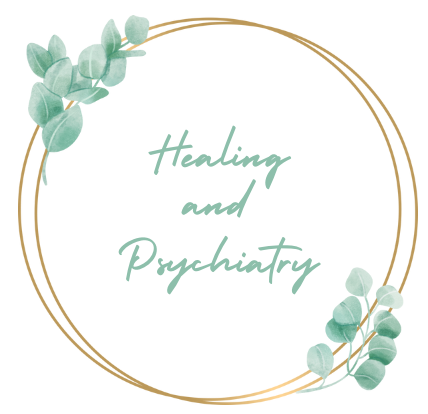
Depression Symptoms and Treatment Options
Depression is a common mood disorder that affects the way you feel, think, and act. Known clinically as major depressive disorder or clinical depression, it is more than feeling sad for a few days or "the blues."
It might surprise you to know that depression is very common. An estimated 16.2 million adults in the US, or 6.7% of American adults, have experienced one or more major depressive episodes in a given year. Despite being common, many people suffer from depression in silence. They may feel embarrassed or simply wait for it to pass.
Having depression doesn't make you weak, and you can't just "snap out of it" or "pull yourself together." Much like other medical conditions, depression takes support and medical treatment to reduce or alleviate symptoms.
Symptoms of Depression
When you have depression, you may feel that life isn't worth living, have trouble getting out of bed, and struggle with basic hygiene. Concentrating can be challenging. You might find yourself crying easily one minute and highly irritable the next. These struggles can make forming and maintaining relationships challenging, which may contribute to feelings of low self-worth. Feeling as if you are a burden to friends and family or believing you are unloved are symptoms of depression.
It is critical to understand that when you have untreated depression, the chemicals in the brain that regulate thinking and mood are imbalanced. This imbalance contributes to negative thinking, feelings of low self-worth, sadness, hopelessness, mood swings, and difficulty concentrating.
Other signs of depression are:
According to the American Psychiatric Association, it is crucial to note that vitamin deficiency and certain medical conditions such as thyroid disorder can mimic depression. Therefore, it is essential to rule out any existing medical conditions before giving a diagnosis of depression. To receive a diagnosis of depression from a medical practitioner, your practitioner will determine that you have had your symptoms for over two weeks and that they are a change from your usual manner of functioning.
Treatment Options for Depression
Before discussing treatment options, a psychiatric nurse, psychiatrist, or other medical professional will perform a comprehensive psychological evaluation. During the assessment, they will ask you in-depth questions about your moods, thought patterns, feelings, eating and sleeping habits, and health and family history. Your practitioner will use the information gained during the intake process to formulate a customized treatment plan. Treatment options may include:
Psychiatry
A psychiatrist is a medical doctor who specializes in mental health. During a psychiatry appointment, patients have the opportunity to meet with a psychiatrist to discuss their mental health symptoms. Psychiatrists are able to provide talk therapy to help you process difficult emotions. After learning your situation and symptoms, a psychiatrist can prescribe medication, refer to community resources, and suggest lifestyle changes.
Medication Management Services
If your psychiatrist prescribes medication, you will likely receive medication management services. This entails meeting regularly, anywhere from weekly to bi-weekly or monthly, with your practitioner to review your symptoms. Your medical provider will talk with you to ensure you are not experiencing adverse reactions to your medication, that your depression symptoms are improving, and that you are taking the medication as prescribed.
TMS
Transcranial Magnetic Stimulation is cutting-edge technology in the mental health field. It's the James Bond of depression treatment. TMS has been shown to have a 67.7% response rate in clinical trials, and 45.1% of patients undergoing TMS have long-term remission of symptoms.
TMS works by targeting the part of the brain that regulates mood using gentle electromagnetic pulses. The procedure is painless, completely safe, and FDA-approved for the treatment of major depressive disorder. Many patients start to feel better after a few TMS treatments. Some begin to feel better, have a dip in mood, then start feeling better again. TMS is not medication, does not enter your bloodstream, and is completely noninvasive. Unlike prescription medications, TMS has no long-term side effects.
If you believe you or someone you love may be thinking of taking their life due to severe depression, you can call the 24-hour National Suicide Prevention Hotline at (800) 273-8255.
If you would like to learn more about the above treatments for depression or talk with a provider about your symptoms, schedule your free consultation by contacting us today.
